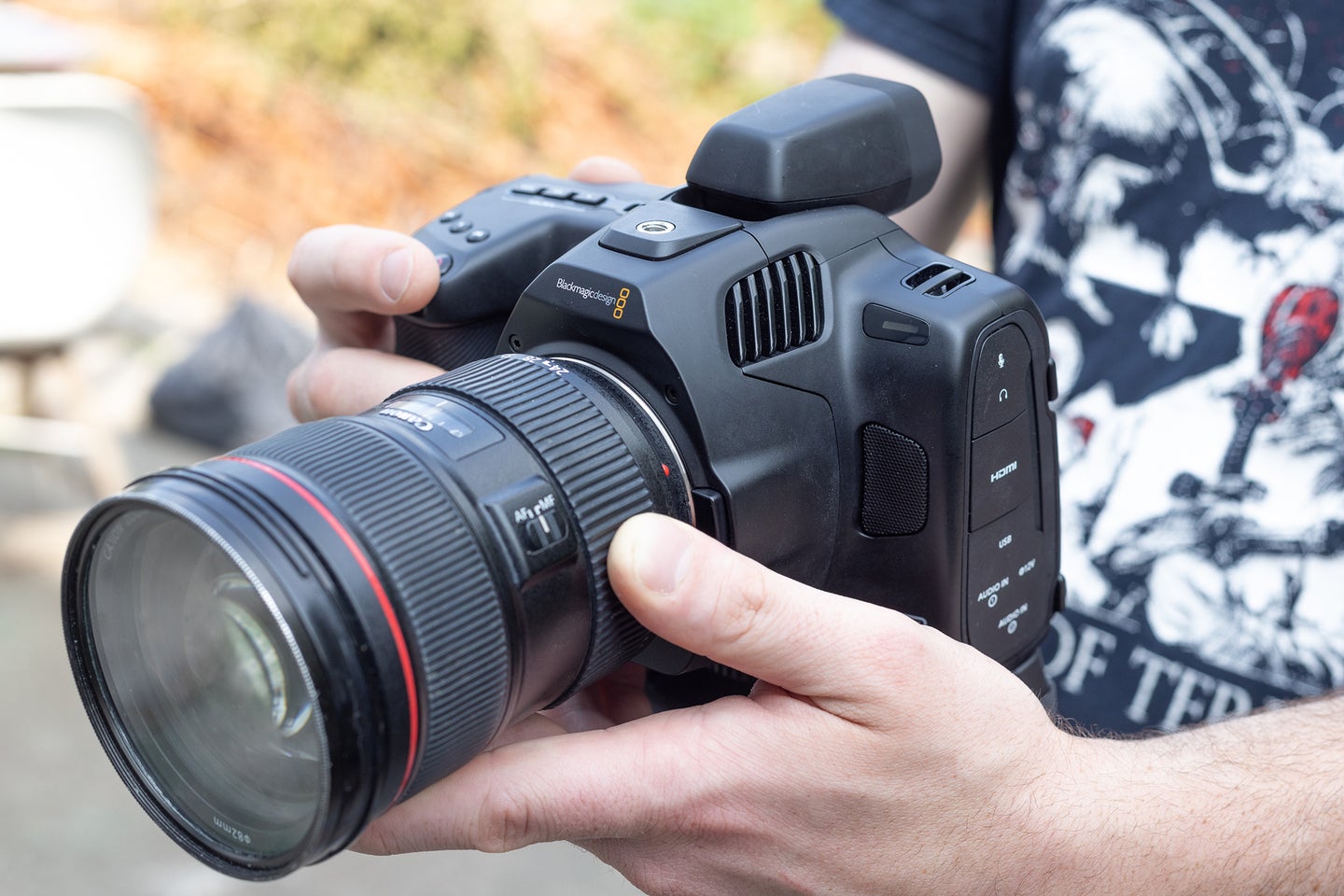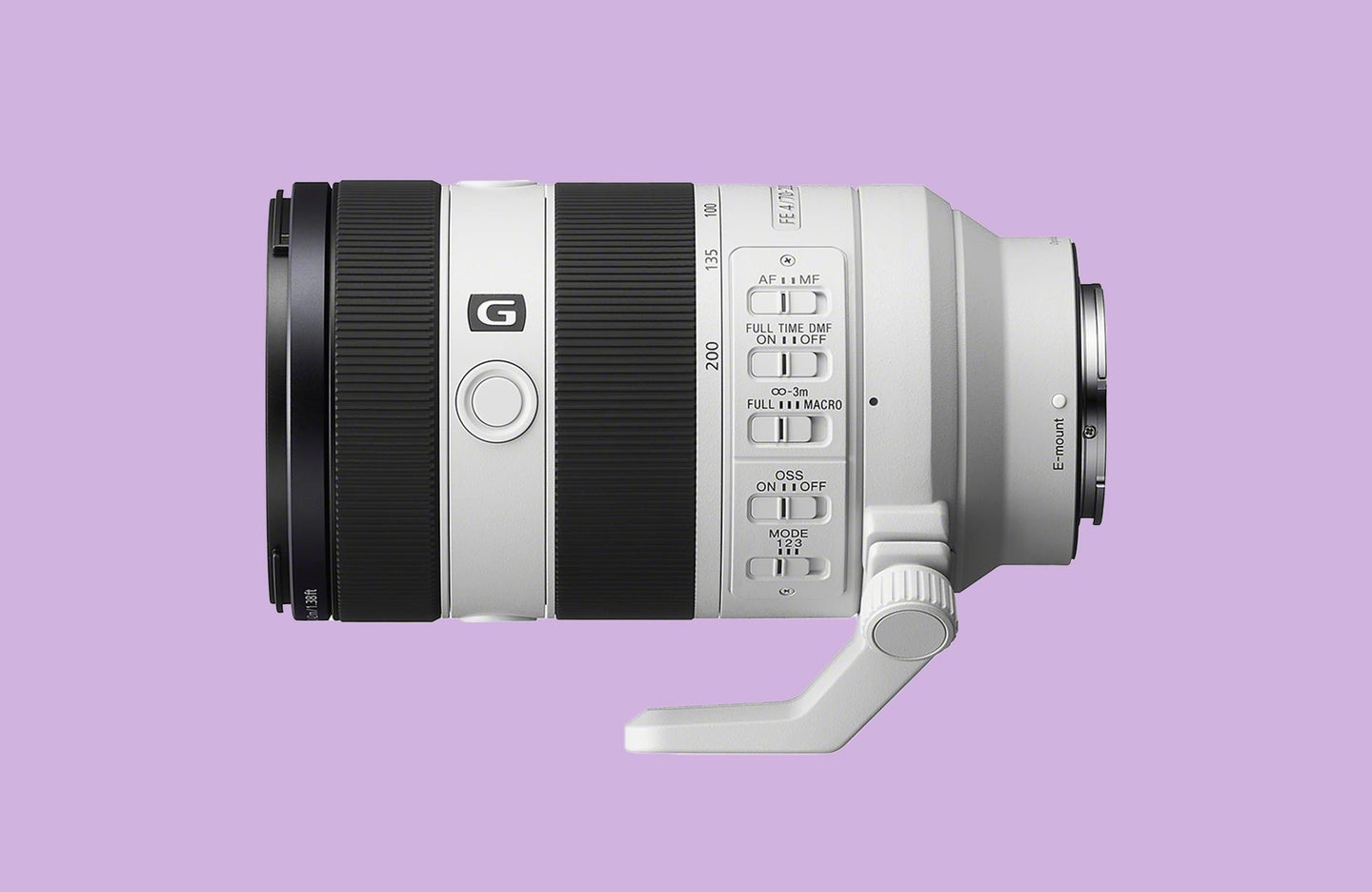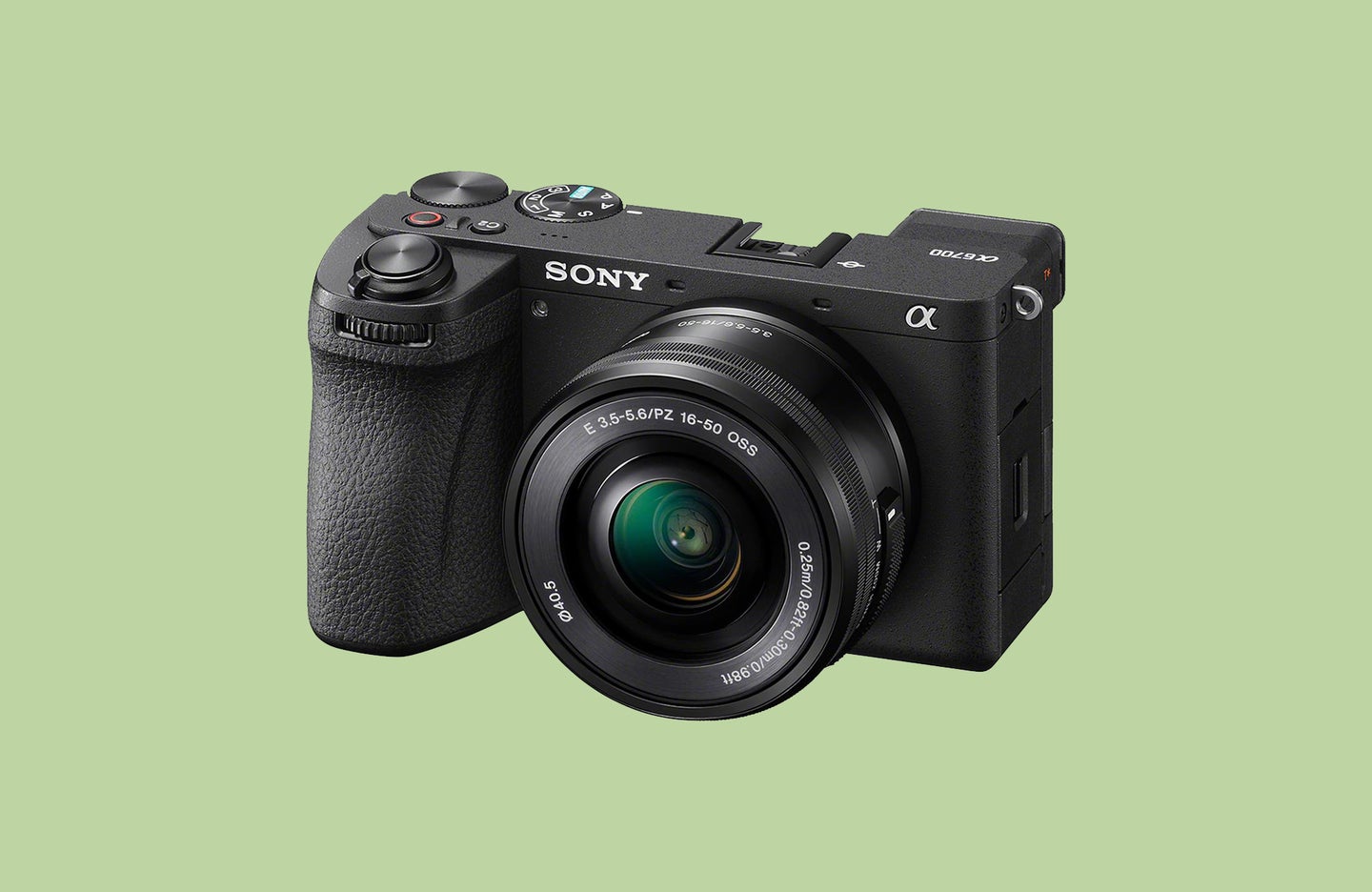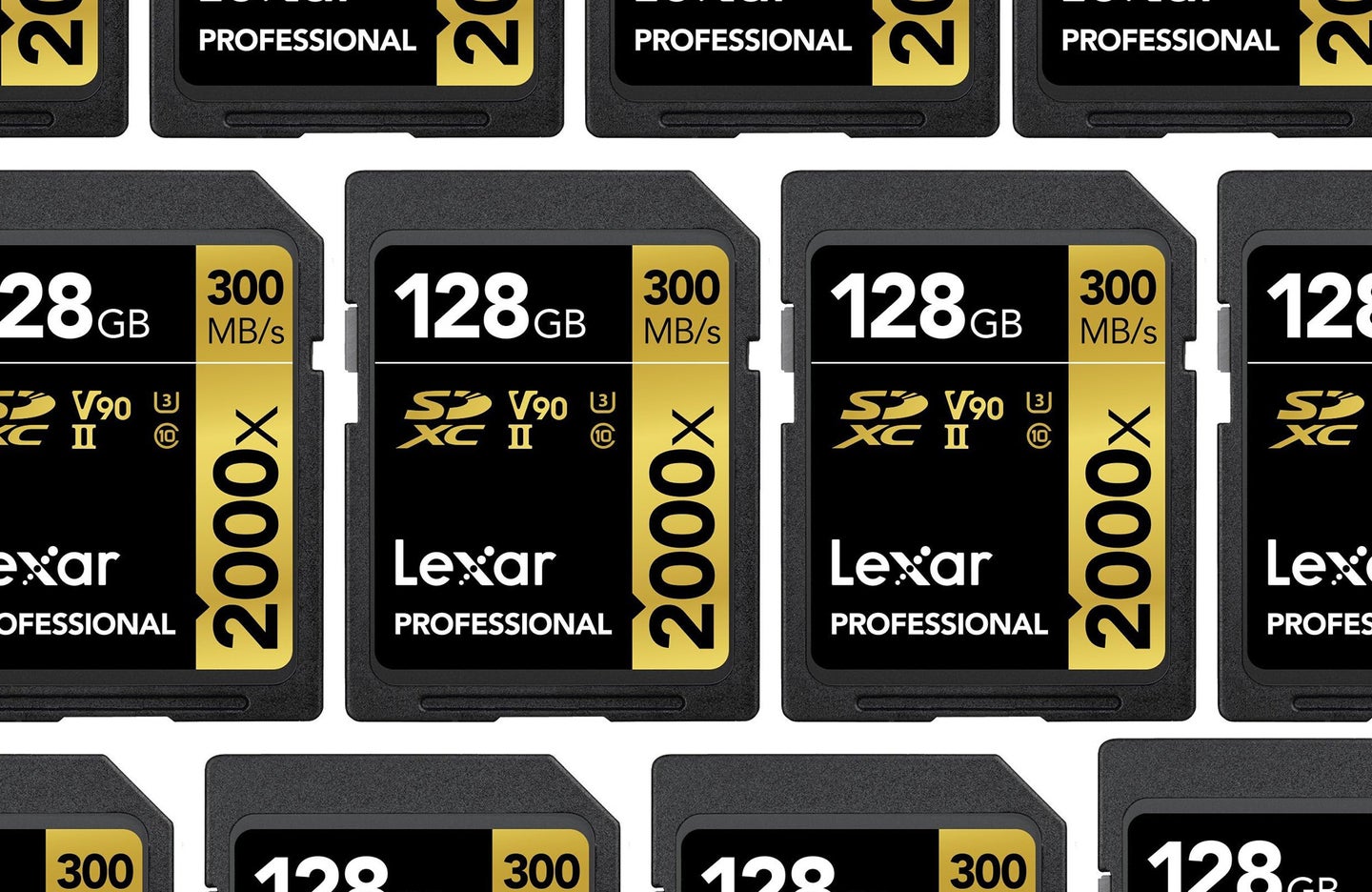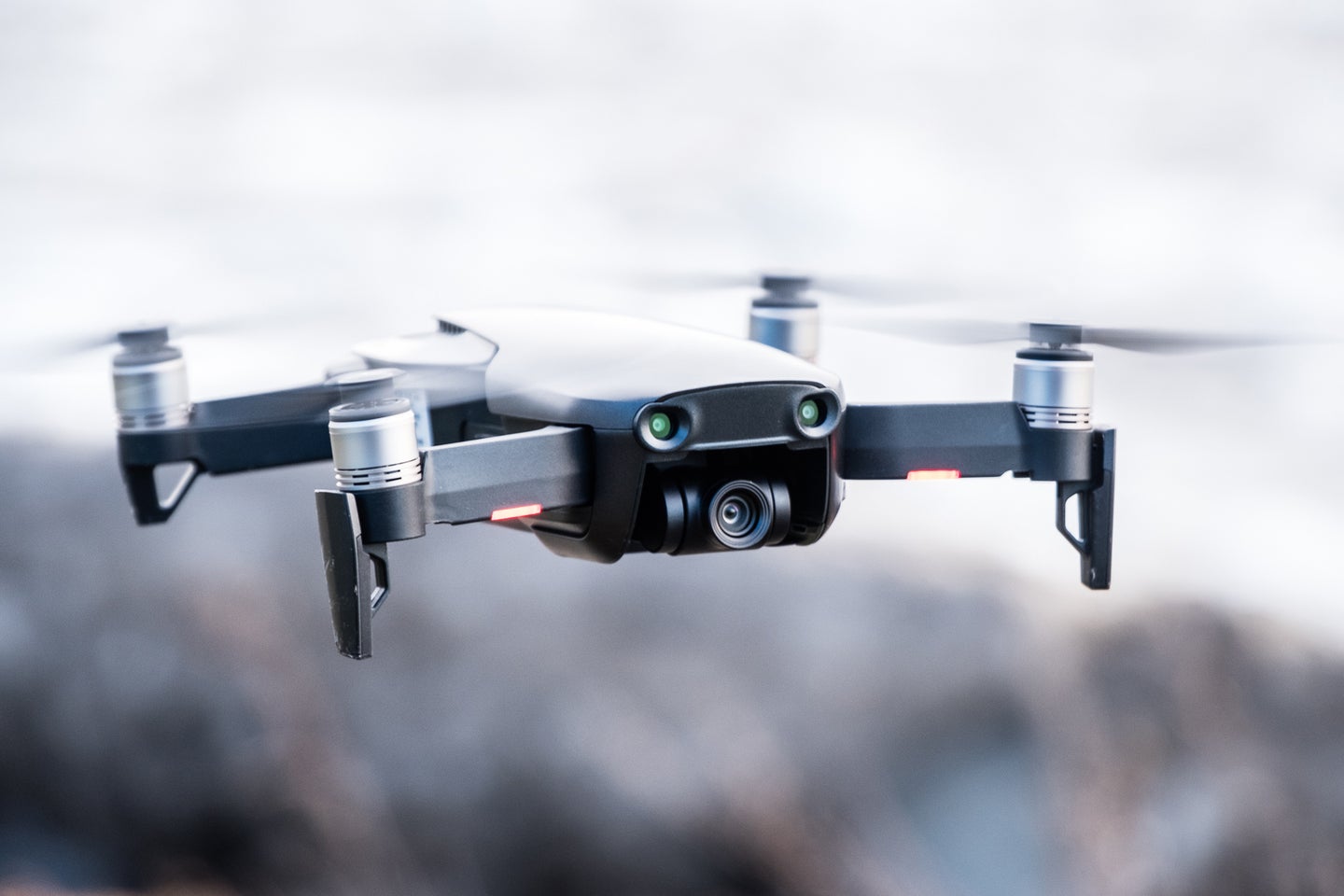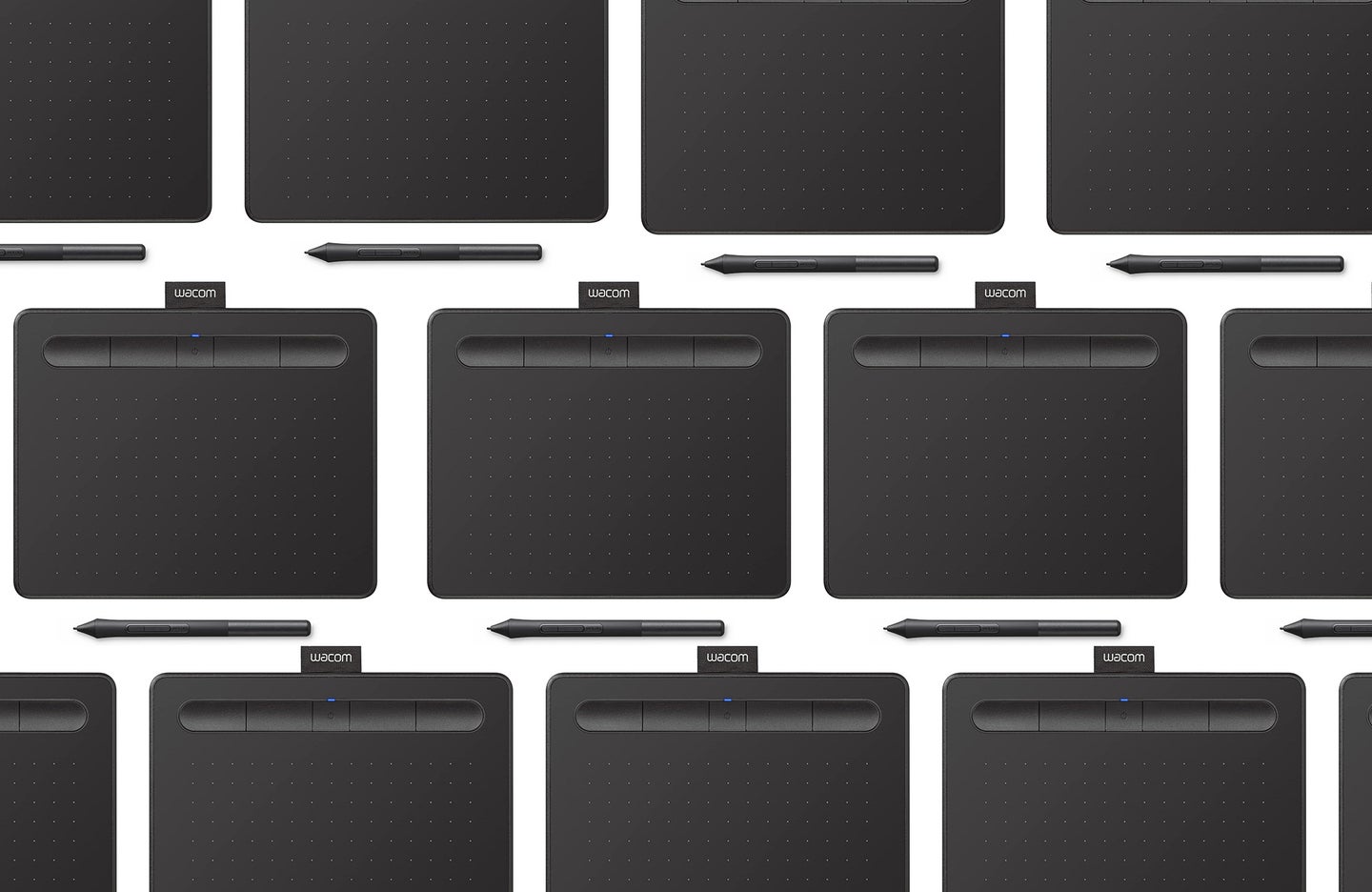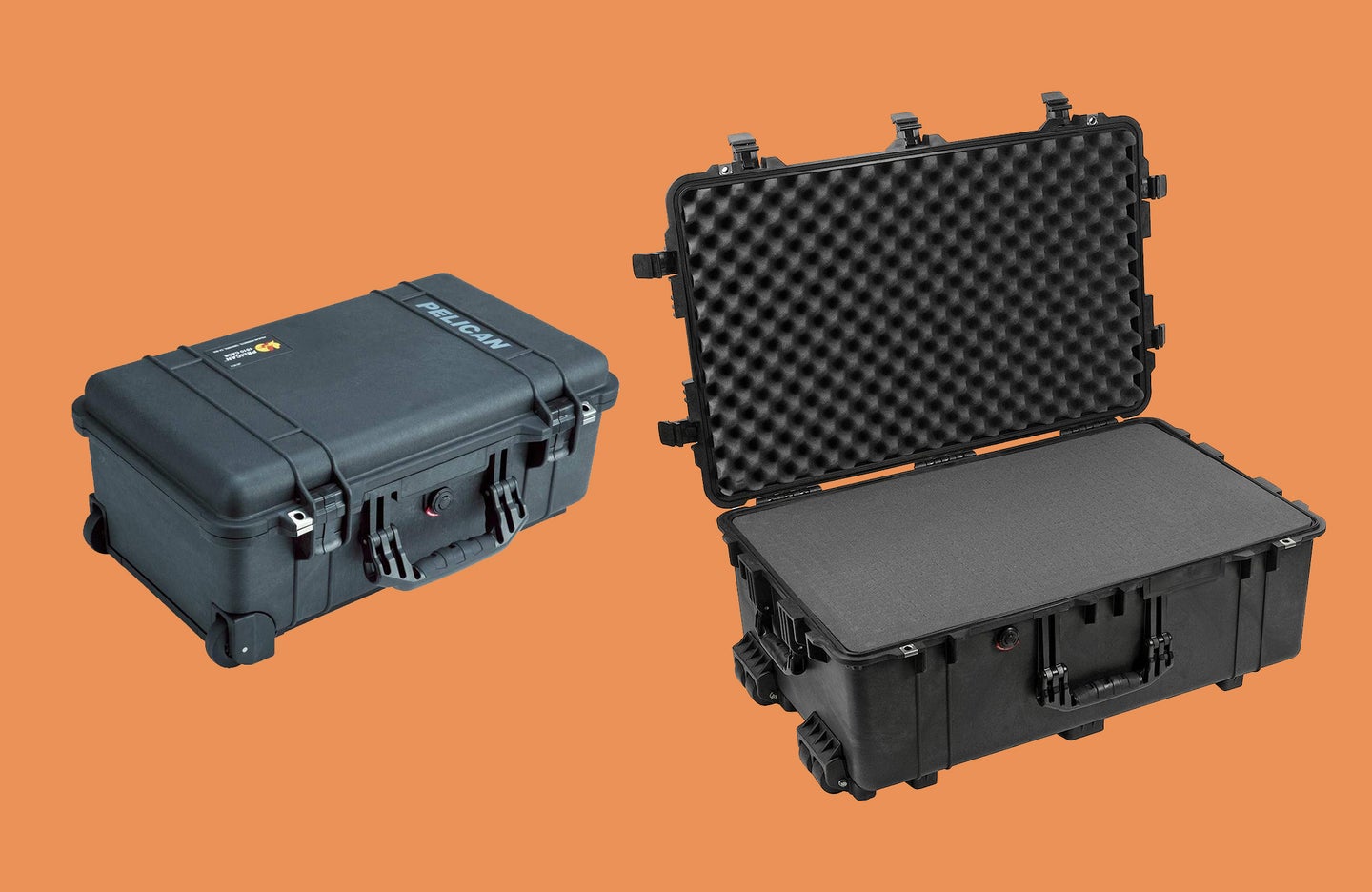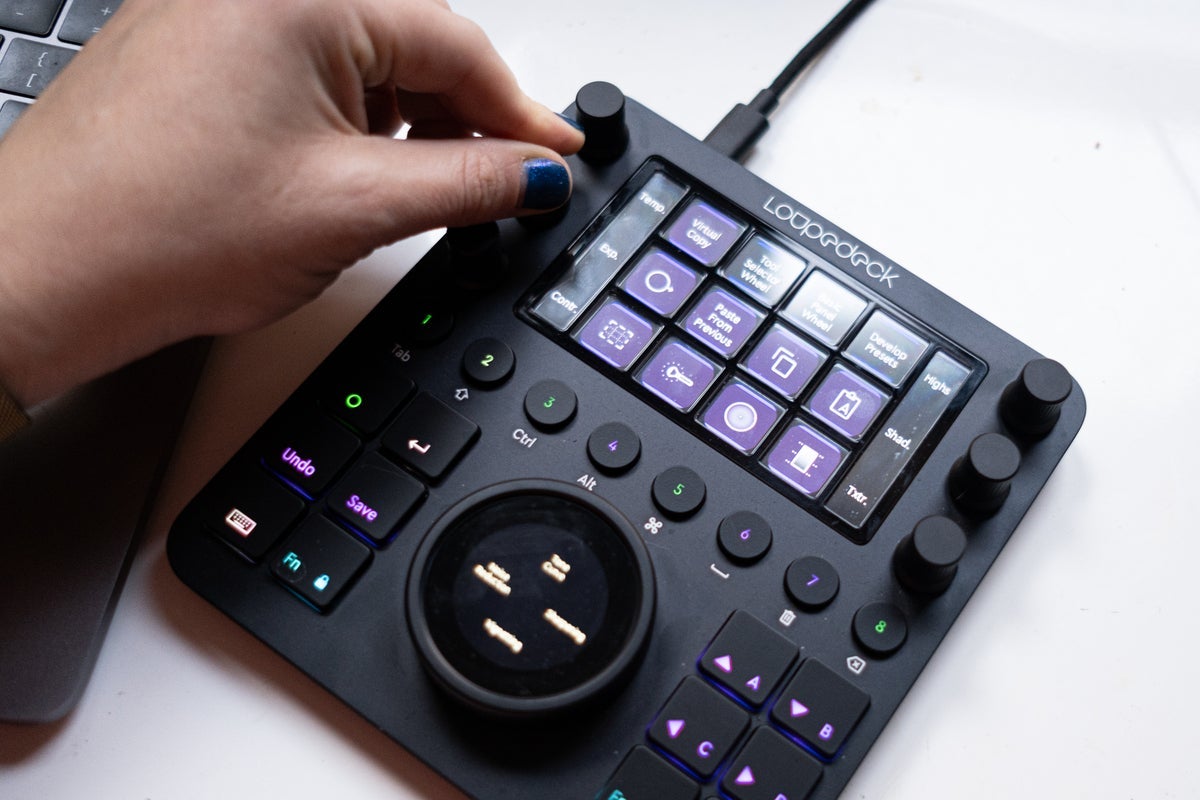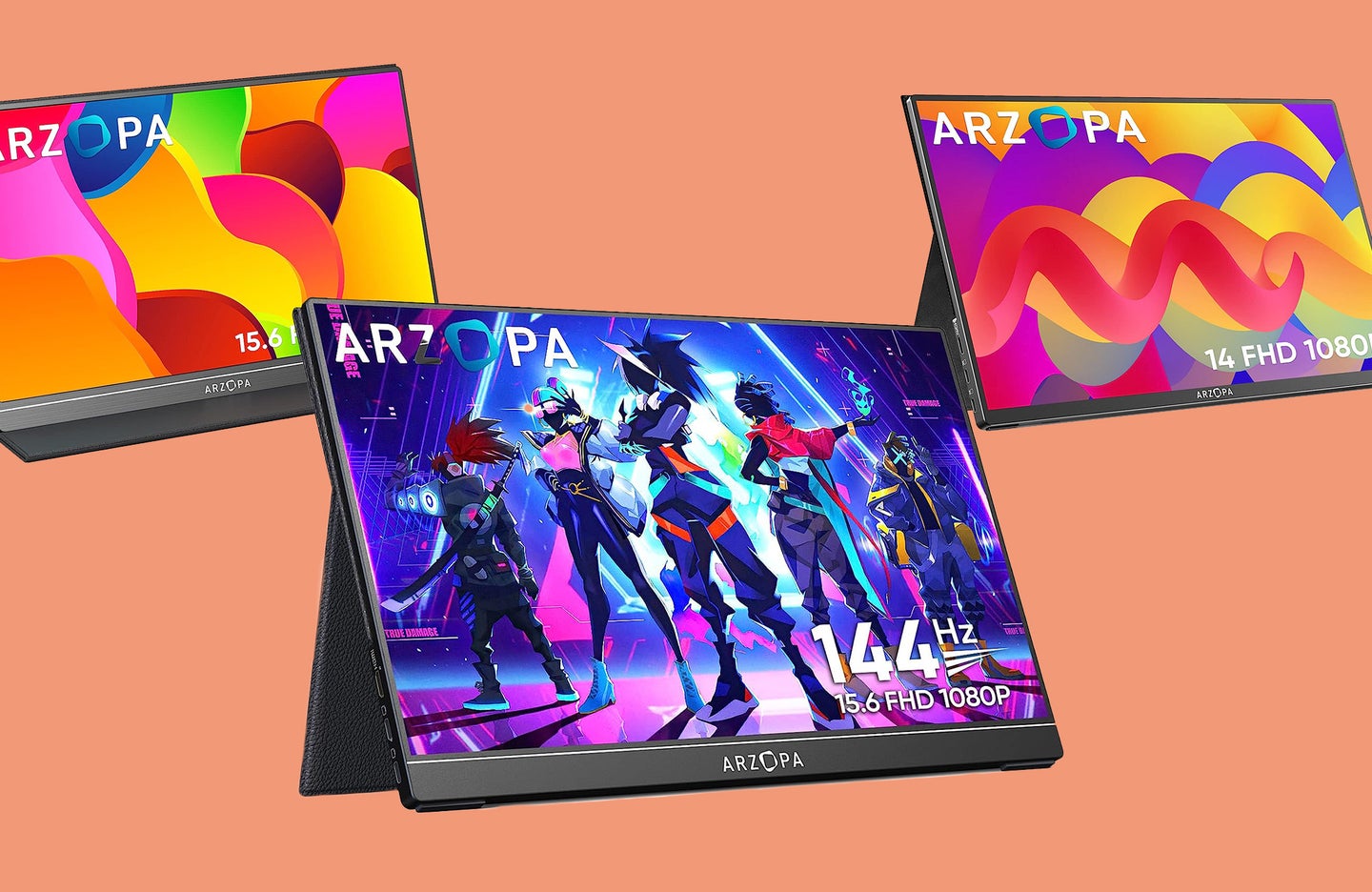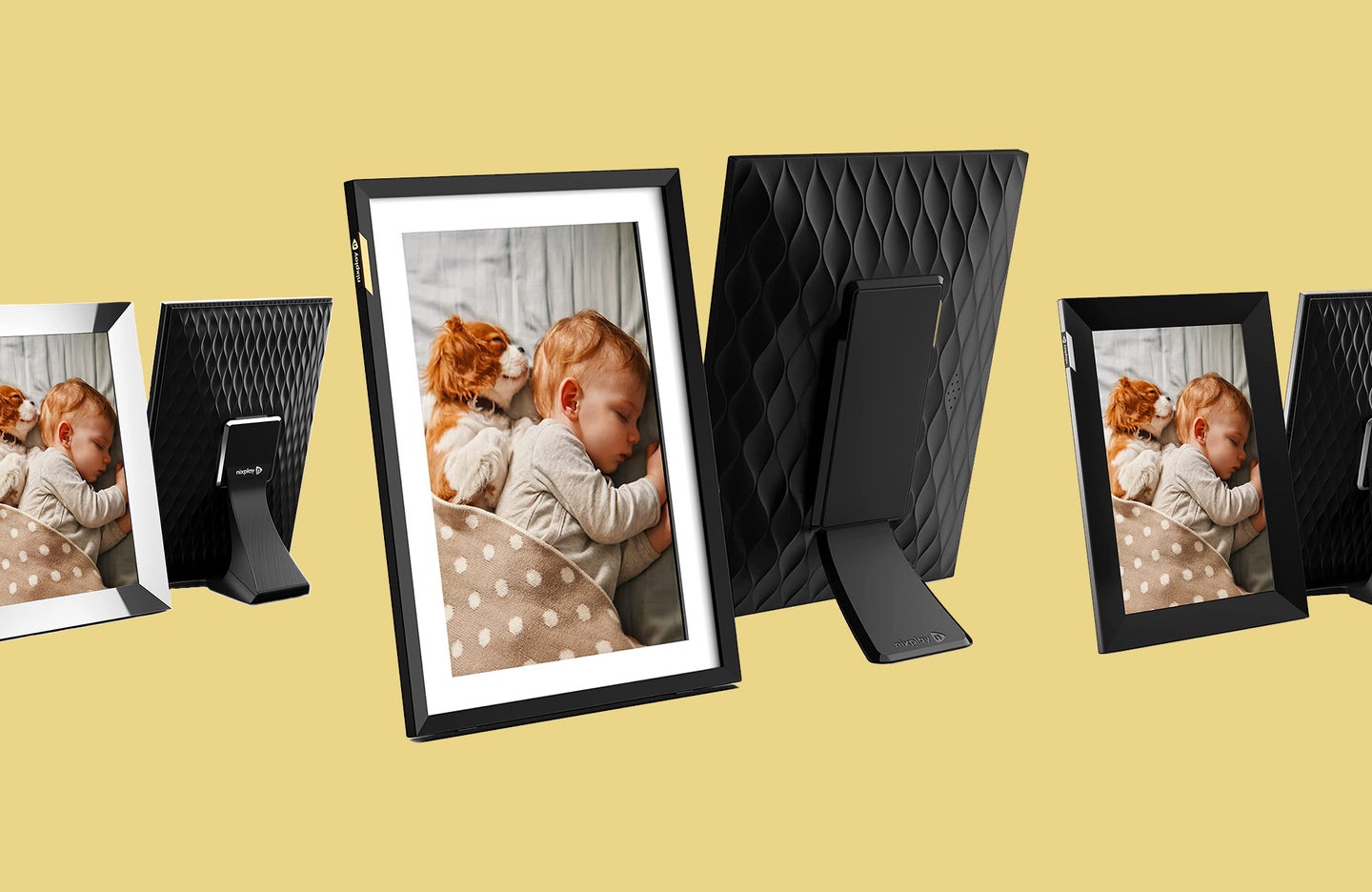Articles

Italy: Farnaz Damnabi - Unveiled
All About Photo29 Arts in Progress Gallery
20123 Milan - Italy
 |
| Farnaz Damnabi - Saffron worker, 2022 - Courtesy of 29 ARTS IN PROGRESS gallery |
29 ARTS IN PROGRESS gallery is delighted to present the first personal exhibition of the young Iranian Artist Farnaz Damnabi,open now and extended owing to popular demand until the 30th September ’23.
The
exhibition is entitled ‘UNVEILED’ and it brings together a selection of
works that tell visitors the tale – as refined as it is powerful – of a
young female photographer from contemporary Iran, suspended between
past and future.
Women play the absolute starring role in her shots: Damnabi both illustrates and pays tribute to the Iranian female identity, which is shown here in the routine of women, mothers and workers ignored by a strictly patriarchal society, which is so late to recognise their equality, value, and freedom.
Many of the photographs on display highlight issues such as discrimination against women in the labour market, the gender gap in salaries, and the failure to recognise their silent contribution to key sectors of the Iranian economy and craft industry (such as the harvesting of saffron in the fields of Torbat-e Heydarieh or the production of carpets).
In her Lost Paradise series, female figures are portrayed from behind in front of a traditional Persian rug and appear to blend in – and almost merge – with the background, a metaphor for both their optical and social invisibility.
Some of her most famous reporting work, which is both poetic and dramatic, is dedicated to children and has the dual purpose not only of showing the difficulties of a childhood spent in this country, but also the ability – typical of youngsters – to find magic even in the most adverse circumstances because, as the emblematic title of one of her projects reminds us, Playing is my right.
Women, children and teenagers also crowd the shots in her Metamorphosis series: a veritable collection of suspended moments, scenes of everyday life, rituals, garments and emblematic traditions of Iran. With her recent project Be like a Butterfly, the artist documents the attempt made by the younger generations of women to improve their condition, marking changes so slow and tardy that they seem imperceptible, comparing them to the same metamorphosis that chrysalides undergo to become butterflies.
In
the highly personal and moving account she makes of her homeland,
Damnabi also documents the experiment of the new city erected a few
kilometres from Tehran.
Sadly ironically called Pardis (Paradise), it was intended to reverse the migration of the most densely populated cities; the mass construction of new buildings has, however, led to the devastation of the mountain ecosystem and the destruction of its natural habitat, making connections to the capital even worse. The pictures on display, that are part of the namesake Pardis series, appear somewhat suspended between reality and dream and show the bleak outlook of a ‘lunar landscape’ – as defined by the Artist herself – of a Paradise denied and which is in fact a dormitory district where a great many workers and most of the poorest families simply survive, in ghettos deprived of the most basic amenities.
Damnabi’s photographs turn Iran’s unheard voices into images: they are the stories of women, marginalised from all aspects of the society in which they live; the stories of children, deprived of the inalienable right to a carefree childhood; they are the stories, all things considered, of all the invisible Iranians who have always been relegated to the farthest confines, both geographical and social.
The aim of her portraits is not to be controversial but rather representative, showing us with her own eyes a world which we are certainly aware of, but which now touches us more intensely and to the core.
Among these tales
of isolation, loss and exclusion, Farnaz Damnabi’s young voice rises
with refined elegance as a shout of indignation combined with trust.
Her photographs are concurrently delicate and powerful and while they impress us, they above all force us to see, to reflect, and to hope alongside her.
 |
| Farnaz Damnabi - Pinwheel, 2020 - Courtesy of 29 ARTS IN PROGRESS gallery |



